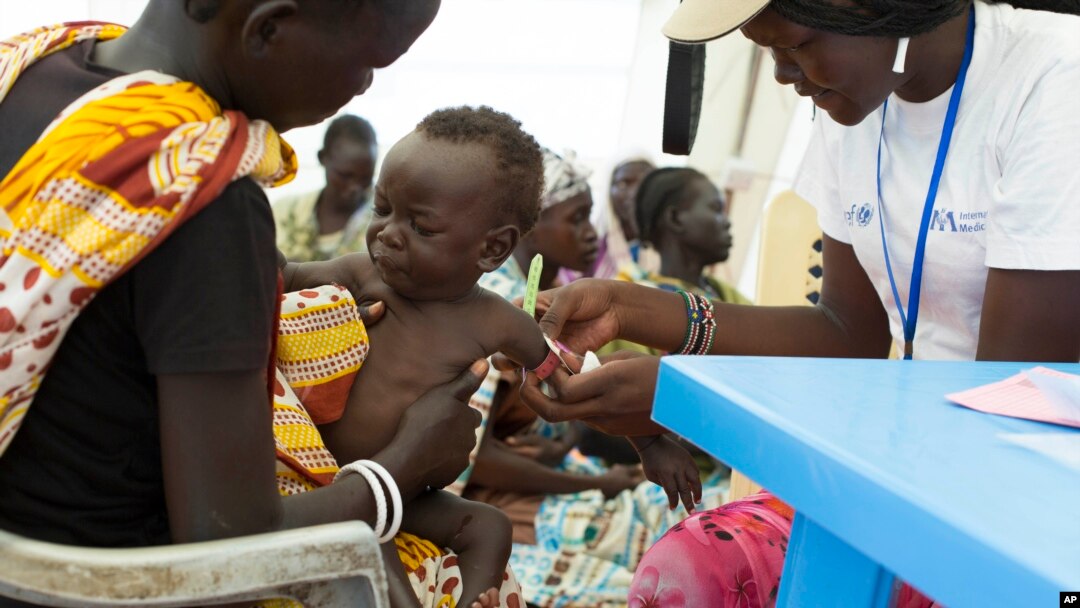The World Health Organization reports the world is less poor and healthier now than it was 15 years ago when the United Nations launched the Millennium Development Goals.
The Millennium Development Goal to cut poverty in half by 2015 was met five years ago. Globally, 700 million fewer people lived in extreme poverty in 2010 than in 1990. But a mixed picture emerges on progress in the other goals in this year’s World Health Organization statistical health survey of 194 countries.
WHO officials say incredible progress has been achieved during the past 25 years, bringing down rates of child malnutrition, and cutting maternal and child deaths. But they acknowledge they still are far from reaching the targets set by the Millennium Development Goals.
WHO Health Statistics and Information Systems Director Ties Boerma says he expects the global targets for increasing safe drinking water and turning around the epidemics of HIV, Malaria, and tuberculosis will be met by the end of the year.
He says great progress has been made in child survival, though mortality remains high.
Reducing maternal mortality
“It did not meet its target of two-thirds reduction by 2015, but it was a half reduction since 1990. So that is a spectacular decrease," Boerma said. "Now, an area that we always highlight where less progress has been made, which is entirely true, is maternal mortality. Well, in fact maternal mortality, we estimate has gone down by half as well since 1990. But, the target was a three-quarter reduction. So we are farther off there.”
WHO reports child deaths since 1990 have fallen from about 90 per 1000 live births to 46 deaths per 1000 live births in 2013. It says less than one-third of all countries are on track to achieve this MDG by the end of the year.
As for maternal deaths, WHO says too many women continue to die from complications during pregnancy and childbirth. It finds one in four women in Africa who wants to prevent or delay childbearing has no access to contraceptives and only one in two women gives birth with the support of a skilled birth attendant.
Slower progress in Mediterranean, African regions
The report says the West Asian and Pacific region has made the biggest progress in meeting the goals. It says huge progress has been made in the Americas and European region, which stretches to Central Asia. It says Southeast Asia, the Eastern Mediterranean region and the African region have made the slowest progress.
WHO Department of Mortality and Burden of Disease coordinator Colin Mathers says astonishing progress has been made in global life expectancy.
“We are estimating that over the 25 years of the Millennium Development Goal period, there has been a six year increase in life expectancy and that translates to two-and-one half years a decade. That is quite astonishing for the whole world. It partly reflects the improvements in child mortality ... But also the turning around of the HIV epidemic and other causes of death. These are all reflected in life expectancy of the poorer countries,” said Mathers.
When HIV was at its peak in Africa, Dr. Mathers says countries were experiencing 10-15 year reductions in average life expectancy. He says people globally are living on average 70 years.


